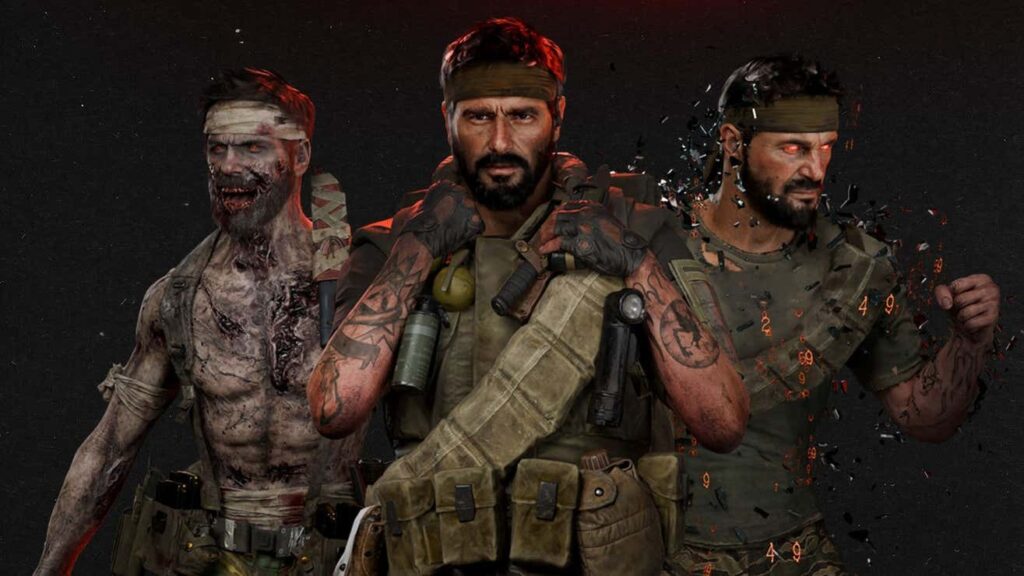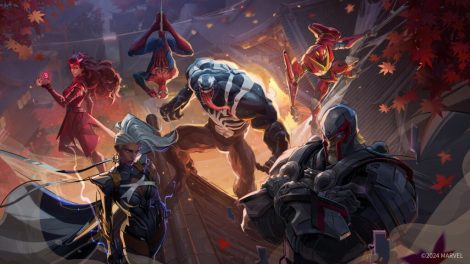The upcoming installment in the popular Call of Duty franchise, Black Ops 6, has garnered attention for its controversial always-online requirement. As reported by Kotaku, the game will require players to have a constant internet connection to access all game modes, including the single-player campaign, on consoles. This marks a significant departure from the series’ previous offline accessibility for solo play.

Activision’s Reasoning: Texture-Streaming Technology
Activision, the publisher behind the Call of Duty series, has attributed the always-online requirement to the implementation of “texture streaming” technology throughout Black Ops 6. This technology aims to deliver high-fidelity graphics while minimizing the game’s storage footprint on players’ devices.
By streaming textures dynamically over the internet, Black Ops 6 seeks to provide a visually stunning experience without demanding excessive storage space. However, this approach necessitates a stable internet connection to ensure smooth gameplay and uninterrupted access to the game’s high-quality visuals.
Console Players Affected, PC Exempt
Interestingly, the always-online requirement for Black Ops 6 appears to be limited to console platforms. While PlayStation and Xbox players will need a constant internet connection to play the game, including the single-player campaign, PC players seem to be exempt from this requirement.
The Kotaku article suggests that this discrepancy may be due to the inherent differences in how PC games handle textures compared to their console counterparts. PC games often have more flexibility in terms of graphics settings and resource management, which could potentially alleviate the need for a mandatory internet connection.
Online Subscription Services Not Mandatory for Campaign
One silver lining for console players is that, despite the always-online requirement, they may not need an active subscription to online gaming services like Xbox Live Gold or PlayStation Plus to access the single-player campaign. As long as they have a stable internet connection, players should be able to enjoy the solo experience without incurring additional costs.
However, it’s important to note that multiplayer modes will still require the appropriate online subscription services, as has been the case with previous Call of Duty titles.
Community Reactions and Concerns
The revelation of Black Ops 6’s always-online requirement has sparked mixed reactions within the Call of Duty community. Some players have expressed frustration and disappointment, arguing that the need for a constant internet connection, even for single-player content, is an unnecessary inconvenience.
Concerns have been raised about the accessibility of the game for players with limited or unstable internet connections. The always-online requirement could potentially exclude a portion of the player base who may not have reliable internet access or who prefer to play offline.
Additionally, some players have questioned the impact of texture streaming on download times and in-game performance. The reliance on internet connectivity for high-fidelity visuals has led to concerns about potential lag, stuttering, or other performance issues if the connection is not optimal.
Looking Ahead
As Call of Duty: Black Ops 6’s release approaches, the always-online requirement remains a topic of discussion and debate among fans of the series. While Activision’s decision to implement texture streaming technology aims to enhance the visual experience, it has also raised questions about accessibility and player choice.
It remains to be seen how the community will respond once the game is released and players have hands-on experience with the always-online system. Will the benefits of high-fidelity graphics outweigh the concerns surrounding internet connectivity? Will Activision address the feedback and make adjustments to the system?
Only time will tell how Black Ops 6’s always-online requirement will impact the game’s reception and player experience. As the gaming landscape continues to evolve, with an increasing focus on digital distribution and online connectivity, the debate surrounding offline accessibility and player choice is likely to persist.










Add Comment